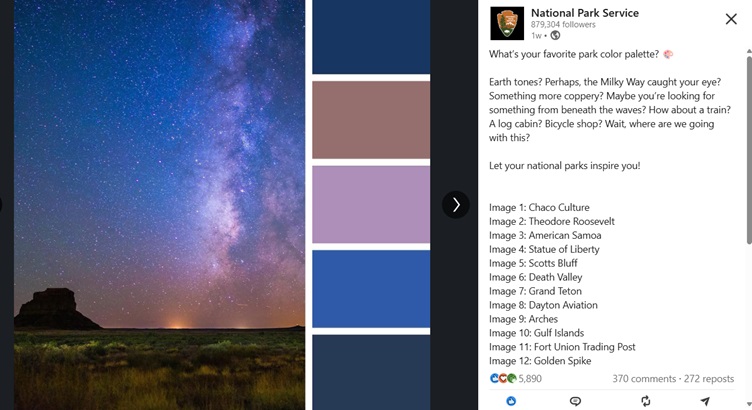According to a recent article in the Washington Post, while male attendance at Broadway shows generally hovers around 1/3 of audiences, a recent slate of plays labeled as “Bro Shows,” are seeing much stronger attendance from the male demographic.
These shows tend to be non-musical plays headlined by recognizable names: “Othello,” starring Denzel Washington and Jake Gyllenhaal; “Glengarry Glen Ross,” starring Bob Odenkirk, Kieran Culkin and Bill Burr; Kenau Reeves partnering with “Bill & Ted” bud Alex Winter in “Waiting for Godot;” George Clooney in “Good Night, and Good Luck.”
There is an acknowledgment that marketing of Broadway shows has typically been targeted at women who frequently make the attendance decision and all the arrangements around attendance but a different approach is being employed with these shows.
“Oftentimes, when we talk about finding the audiences, it’s often been targeting women and finding a show they can bring their partner to,” said Marc Jablonski, head of business intelligence for Broadway marketing firm AKA. “Now it’s the other way.”
[….]
“I can almost guarantee you there were guy friend groups on text threads being like, ‘Hey that guy from “Succession” is in “Glengarry,” we should go check it out,’” [producer] Johnson said.
The article also mentions that the productions are benefiting from the ability to more precisely target ads to men on social media platforms and streaming services.
Not every show has been successful, but enough have that more productions like an adaptation of the movie “Dog Day Afternoon” are planned with males as a primary target audience.



Santa Cruz Shakespeare has several tiers of benefits for donors/members. Some, like season-announcement parties, are open to several tiers. Some,…